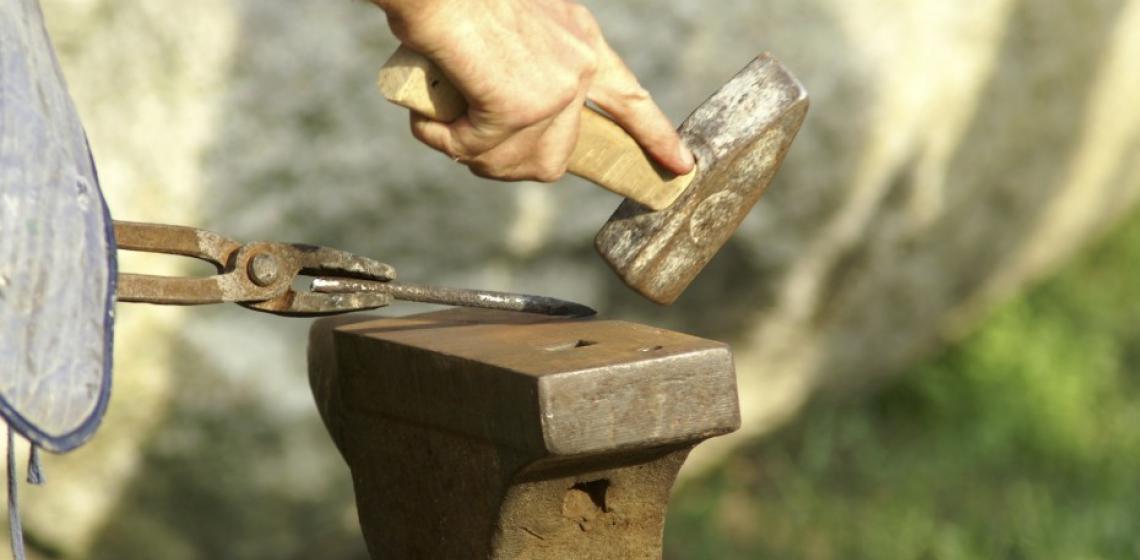
The museum is a regional attraction dedicated to the history of the Waxhaws region and the memory of the 7th President, who was a native of the Waxhaws.
Particular attention is given to Scots-Irish immigration and the rural life of these early settlers to the Waxhaws. In addition there are exhibits interpreting the American Revolution in the region, as well as exhibits on agriculture and important crops and the Civil War. The turn of the century exhibit gives a unique look at the town of Waxhaw as it existed around 1900.
Originally called “Wisacky,” a name for the Waxhaw Indians’ hunting grounds, the Waxhaw Settlement was established on busy Trader’s Path, which ran from Petersburg, Virginia, to Augusta, Georgia.
John Lederer, a German traveler and scholar, discovered the Indian village of the Waxhaws in 1670. It became a fountain of lore and legend, the most famous being the controversy over Andrew Jackson’s birthplace. Both North and South Carolina claim him as a native son. James Polk was also born just north of the settlement.
